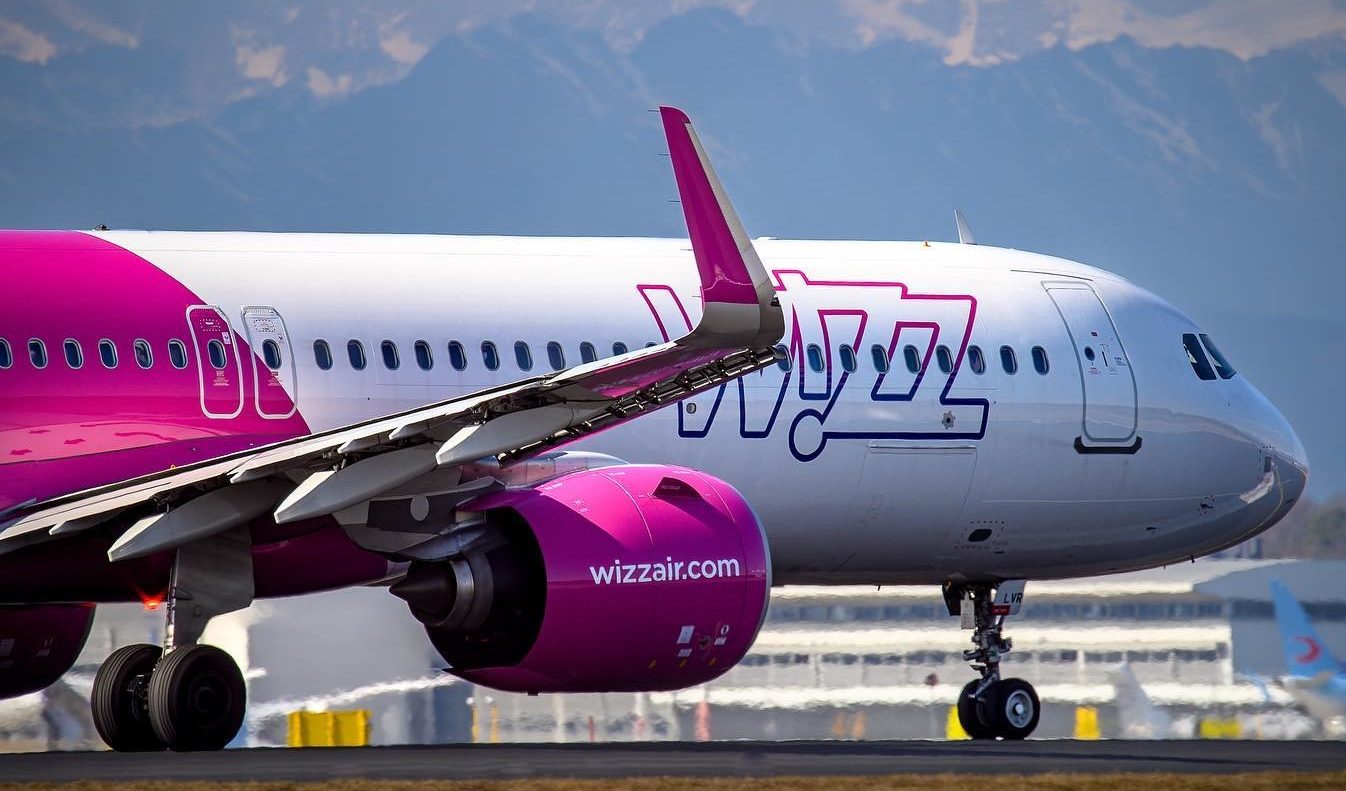
After waiting for almost 3.5 hours the passengers were asked to disembark.Continue reading
The President of the Hungarian Competition Authority (GVH) has sent a warning to the managers of several low-cost airlines operating in the Hungarian market about the persistent situation in the air transport sector. Index reports that Wizz Air, Ryanair and EasyJet are among the recipients.
Air traffic is chaotic not only in the Hungarian capital but also across Europe. Márton Nagy, the Minister for National Economy, called for immediate action, while the public can take little comfort from the fact that Budapest Airport has set up support points for passengers waiting at the airport due to flight delays. The minister also summoned the head of HungaroControl (air navigation company), while Prime Minister Viktor Orbán said during an interview that what we are seeing in air transport is intolerable.
The President of the Hungarian Competition Authority, Csaba Balázs Rigó, is also reported to have warned low-cost airlines about the unacceptable situation. Index asked GVH to clarify the cause and effect from its own perspective.
The GVH continuously monitors the air traffic market and the activities of airlines operating in Hungary, and supports ongoing consumer protection authority proceedings within the scope of its powers.”
They explained that in view of the recent increase in consumer complaints and news reports about the operational problems of the air traffic market and market anomalies – to which thousands of Hungarian travelers and holidaymakers have fallen victim – Csaba Balázs Rigó, the President of the GVH, exercising his powers, sent a reminder to the managers of several airlines operating on the Hungarian market, most of them low-cost airlines.
In the notices, the President of the Authority stressed that due to consumer signals affecting the air passenger transport sector and recent operational anomalies at Budapest Ferenc Liszt International Airport, in addition to the provisions of Government Decree 25/1999 (12.II.) on the rules of air passenger transport,
it is necessary to take into account the provisions of the Act XLVII of 2008 on the Prohibition of Unfair Commercial Practices against Consumers in the commercial communications of airlines.
Csaba Balázs Rigó stated that “the Hungarian Competition Authority is entitled to take action against misleading advertising practices, in particular in the case of advertising practices that substantially affect economic competition, such as discount promotions, the charging of additional costs, the dispatch of baggage, booking fees, and the booking and modification of airline tickets.”
The President of the GVH pointed out in the warnings that “the airlines concerned have a fundamental legal obligation to promote informed consumer choice, to respect the legitimate interests of consumers who are about to travel and to make consumer information widely and transparently available.” Csaba Balázs Rigó also pointed out that “the GVH monitors market developments and takes the necessary measures within its competence where justified.”

Photo: Facebook / Budapest Airport
However, the Authority stated that the warning does not constitute an obstacle to the conduct of proceedings falling within the competence of the Competition Authority. In addition, when initiating competition proceedings, the GVH may take into account the conduct of the addressee undertaking in the context of the assessment of imputability.
Taking a look at the background, it can be seen that the GVH has been keeping a close eye on the advertising practices of airlines for years, and has conducted a number of proceedings in this area. In response to a question from Index, the Competition Authority informed that several proceedings are currently ongoing against airlines. Most recently, in January this year, Wizz Air was prosecuted for concealing important information from passengers.
Earlier, in October 2022, the GVH also investigated whether the websites of airlines available in Hungary, including low-cost airlines, and popular Hungarian ticket price comparison websites use so-called dark patterns in their ticketing and advertising practices. Dark patterns are digital messages and user interfaces that may lead consumers to make undesirable choices without being noticed.
The GVH’s rapid analysis revealed a number of problems in the practices of airlines available in Hungary. On the basis of these, it has warned the companies concerned to avoid commercial practices that rush consumers’ decisions, to present their choices in a uniform and clear way, and to ensure that information is transparent and easy to understand by structuring it appropriately.
Via Index; Featured image via Facebook/Budapest Airport